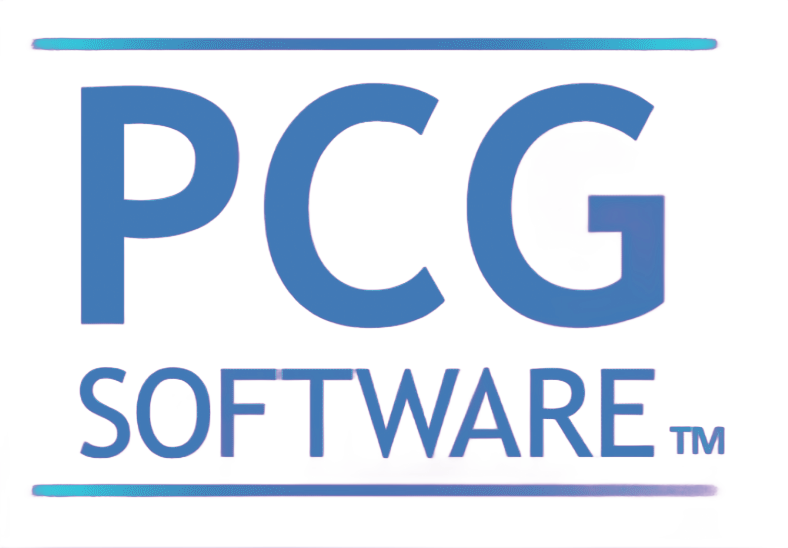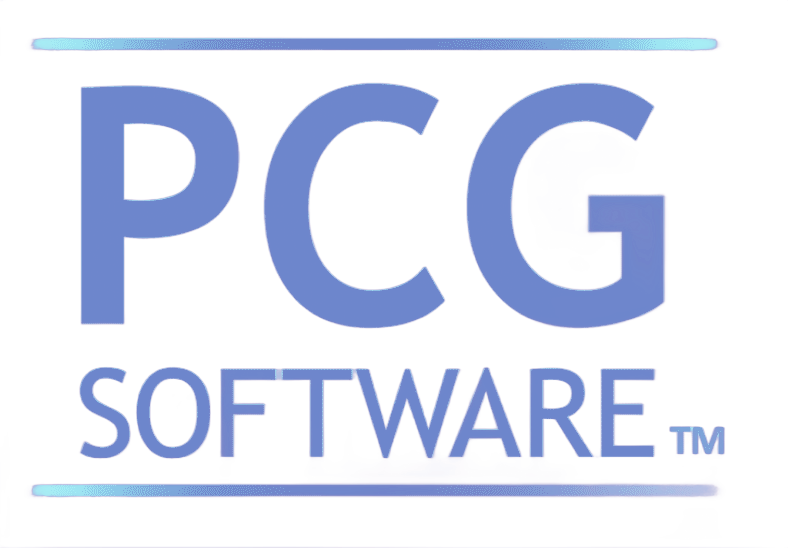Top 7 Benefits of Having In-house Billing and RCM
Summary: This article outlines the seven most meaningful advantages of in-house medical billing for clinics and FQHCs. Notably, the author previously operated large outsourced billing and healthcare staffing organizations in India and the Philippines before joining PCG Software in November 2022. While outsourcing can be effective in certain scenarios, in-house billing often provides greater control, predictability, and margin protection, particularly for small to mid-sized healthcare organizations.
1. Increased Control Over Billing Process
In-house medical billing gives clinics direct oversight over how claims are submitted, corrected, appealed, and escalated. Leadership controls training standards, payer prioritization, performance reviews, and workflow adjustments. With outsourced billing, clinics rely on third-party HR practices and internal training methods that may not align with their expectations or payer mix.
2. Improved Patient Privacy and HIPAA Oversight
Keeping billing internal reduces the need to share protected health information with third parties. In-house teams operate under your organization’s HIPAA policies, access controls, and security protocols. Offshore billing often introduces additional risk due to shared credentials, rotating staff, limited transparency, and reliance on external IT security practices that clinics do not directly manage.
2. Improved Patient Privacy and HIPAA Oversight
Keeping billing internal reduces the need to share protected health information with third parties. In-house teams operate under your organization’s HIPAA policies, access controls, and security protocols. Offshore billing often introduces additional risk due to shared credentials, rotating staff, limited transparency, and reliance on external IT security practices that clinics do not directly manage.
3. Lower Error Rates During New Hire Ramp-Up
Offshore billing companies frequently hire healthcare or accounting graduates with limited real-world billing experience, followed by short training programs. While leadership may be experienced, new hires typically handle daily claim work.
In-house billers—especially those familiar with local payers, IPAs, and authorization workflows—tend to produce fewer errors during the first 90–120 days, resulting in faster stabilization and fewer downstream denials.
4. Stronger Profit Retention for Small and Mid-Sized Practices
Outsourcing is often marketed as “cheaper,” but cost efficiency depends on scale. For clinics requiring one or two billers, in-house staffing frequently preserves tens of thousands of dollars annually compared to percentage-based collection fees. Outsourcing generally becomes more cost-effective only once a practice requires three or more full-time billers.
5. Better Patient Satisfaction and Collections
In-house billing teams can directly answer patient questions, explain EOBs, resolve disputes, and manage payment plans. This improves trust and accelerates collections. Offshore billing teams often face challenges with language nuance, local payer knowledge, and high turnover rates, which can negatively impact patient experience and follow-up effectiveness.
6. Tighter Integration Between Coding and Billing
Medical coding and medical billing are distinct but tightly linked functions. In-house teams allow clinics to require coding certifications, enforce documentation standards, and maintain close collaboration between coders and billers. Outsourced firms often distribute coding resources across multiple clients, increasing the risk of documentation mismatches and avoidable denials.
7. Greater Stability and Institutional Knowledge
In-house billing builds long-term institutional knowledge around payer behavior, denial trends, contract nuances, and workflow improvements. Offshore billing models often experience high turnover, requiring constant retraining and increasing operational risk—particularly during payer policy changes, regulatory updates, or EHR transitions.
In-House Billing Benefits Summary
Medical billing is highly specific to each clinic or FQHC. While outsourcing can be appropriate for larger organizations or those requiring multiple billers, in-house medical billing often provides superior control, compliance, patient experience, and financial predictability for small and mid-sized practices.
If you already have a billing solution—internal or external—and want to improve authorization accuracy, coding compliance, and approval rates, PCG Software offers a free demo of iVECoder®, designed to support both in-house and outsourced billing teams.
Subscribe
Only get notifications when a new article has been published
Contact Us
We will get back to you as soon as possible.
Please try again later.
Free Payer Claims Audit
Complete the form, and we'll contact you to schedule an introductory meeting and discuss our FREE 3-year claims audit to identify areas for cost containment and compliance.
Contact Us
We will get back to you as soon as possible.
Please try again later.
About PCG
For over 30 years, PCG Software Inc. has been a leader in AI-powered medical coding solutions, helping Health Plans, MSOs, IPAs, TPAs, and Health Systems save millions annually by reducing costs, fraud, waste, abuse, and improving claims and compliance department efficiencies. Our innovative software solutions include Virtual Examiner® for Payers, VEWS™ for Payers and Billing Software integrations, and iVECoder® for clinics.
Click to share with others


